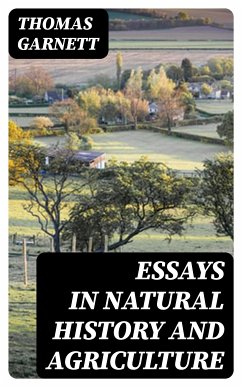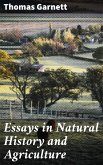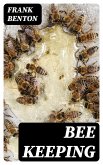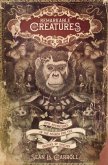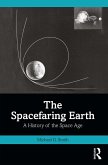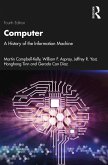In "Essays in Natural History and Agriculture," Thomas Garnett presents a compelling synthesis of scientific observation and agrarian philosophy, reflecting the burgeoning interest in natural sciences during the early 19th century. Utilizing a clear, engaging prose style, Garnett examines the intricate relationships between living organisms, their environments, and agricultural practices, emphasizing the importance of understanding nature as a foundation for promoting sustainable farming methods. The essays are fortified with empirical observations, making them exemplary of the period's transition towards modern experimental inquiry in natural history. Thomas Garnett, a physician and naturalist, was deeply influenced by the Enlightenment ideals of rationality and empiricism that emphasized the interplay between humanity and the natural world. His background in medicine and science, combined with his personal experiences on the land, inspired Garnett to articulate the pressing need for improved agricultural methods that acknowledge and respect the complexities of ecosystems. He was a pioneer in advocating for a more scientific approach to agriculture, recognizing that knowledge of natural history can significantly enhance farming practices. For anyone intrigued by the intersection of ecology and agriculture, Garnett's essays stand as a vital resource to understand early environmental thought and its practical implications. This collection is not only pivotal for scholars of natural history and agriculture but also offers timeless insights for contemporary readers seeking to navigate the challenges of sustainable practices.
Dieser Download kann aus rechtlichen Gründen nur mit Rechnungsadresse in A, B, BG, CY, CZ, D, DK, EW, E, FIN, F, GR, H, IRL, I, LT, L, LR, M, NL, PL, P, R, S, SLO, SK ausgeliefert werden.

